As researchers worldwide work toward a potential quantum internet, a major roadblock remains: How to build a device called a quantum repeater.



Crew Dragon offers views of Earth and Robert Zubrin calls for developing the asteroid belt. Could Starlink work with an RV? It’s Musk Reads: SpaceX Edition #181.
A version of this article appeared in the “Musk Reads” newsletter. Sign up for free here.

India’s unprecedented decision to ban 59 of China’s largest apps is a warning to the country’s tech giants, who for years thrived behind a government-imposed Great Firewall that kept out many of America’s best-known internet names. If India finds a way to carry out that threat, it may present a model for other countries from Europe to Southeast Asia that seek to curtail the pervasiveness of apps like ByteDance Ltd.’s TikTok while safeguarding their citizens’ valuable data.
China over the past decade built an alternate online reality where Google and Facebook barely exist. Now its own tech corporations, from Alibaba Group Holding Ltd. to Tencent Holdings Ltd., are getting a taste of what a shutout feels like.
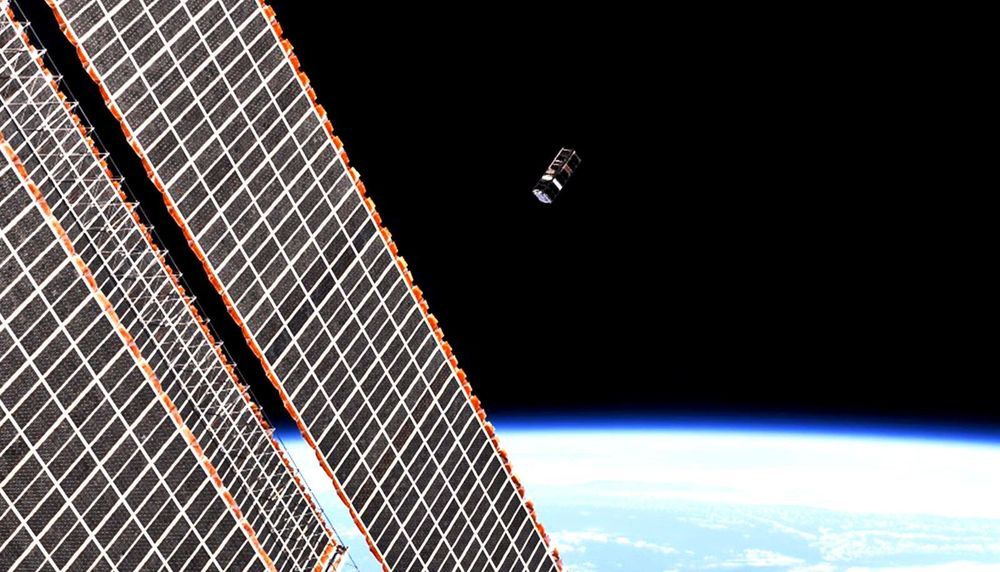

However, the situation has been improving as Chinese tech giants including e-commerce company Alibaba, search engine Baidu, on-demand delivery company Meituan Dianping, ride-hailing operator Didi Chuxing and smartphone maker Xiaomi now offer more affordable health care plans via mutual aid platforms, which operate as a collective claim-sharing mechanism.
China’s online mutual aid platforms are disrupting old school insurance companies by leveraging big data and internet finance technologies to offer low cost medical coverage.

In the strange field of quantum physics, quantum entanglement – what Einstein called “spooky action at a distance” – stands out as one of the most intriguing phenomena. And now scientists just managed to successfully demonstrate it again, this time onboard a CubeSat satellite orbiting Earth.
Quantum entanglement is where two particles become inextricably linked across a distance, so that one serves as an indicator of the other in a certain aspect. That unbreakable link might one day form the basis of a super-fast, super-secure quantum internet.
While a quantum internet is still some way off, if we want to make it work, it’s going to require something other than optical fibres.
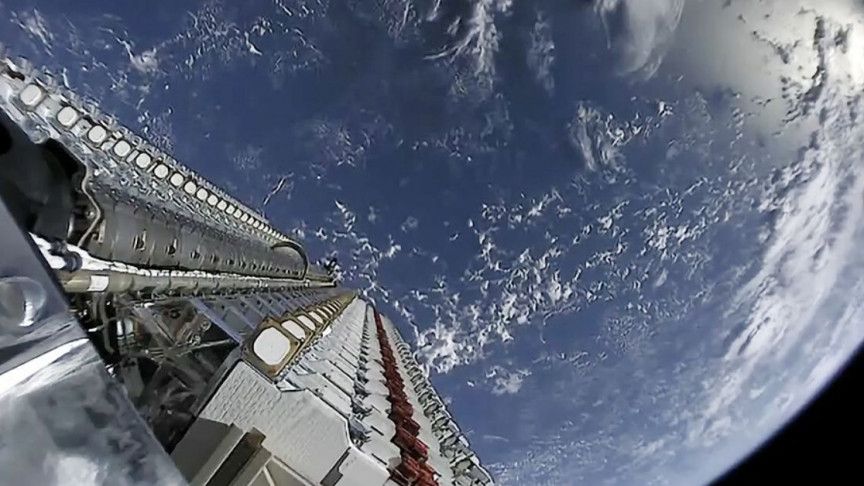

The lifecycle starts when data is collected or ingested from any source. With the advent of 5G, this includes ever more data that’s streamed and generated in real-time.
Companies realize that in order to grow, connect products and services, or protect their business, they need to become data-driven. In selecting the tools to realize these goals, organizations effectively have two choices: a self-selected combination of analytics tools and applications or a unified platform that handles all. In this blog we will discuss the challenges of the former choice that will provide justification for the latter. Let’s take a step back and ask: what do organizations need in terms of analytics to realize their data-driven goals? What is needed to combat customer churn, provide a predictive maintenance service or identify fraud as it happens? One thing is clear: it is not one single analytical capability. Implementing innovative and differentiating business use cases is not simply selecting the perfect data warehouse solution and calling it good. Today’s solutions require more than a better individually functional tool. Going from data to insight to action demands a complete range of capabilities that spans the data life cycle from the edge to AI.
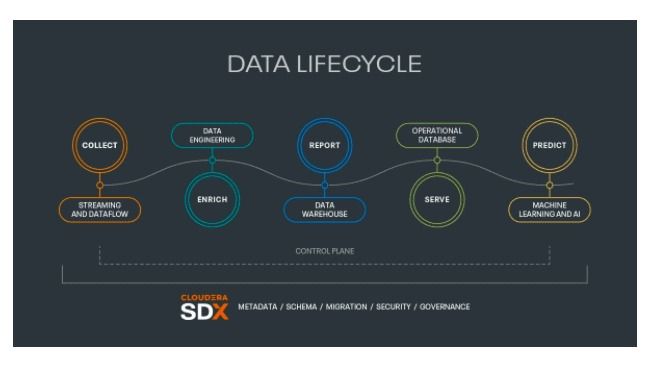
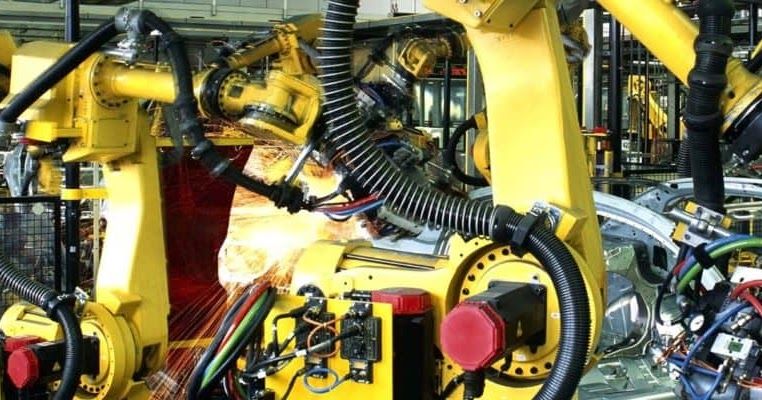
Is Industry 4.0 applicable to only machines or is there scope for businesses to leverage the concept of ‘Connected Workers’?
The shift towards Industry 4.0 is improving manufacturing efficiency and the factory of the future will increasingly be driven by technology like the Internet of Things (IoT), Automation, Artificial Intelligence (AI), and Cloud Computing.
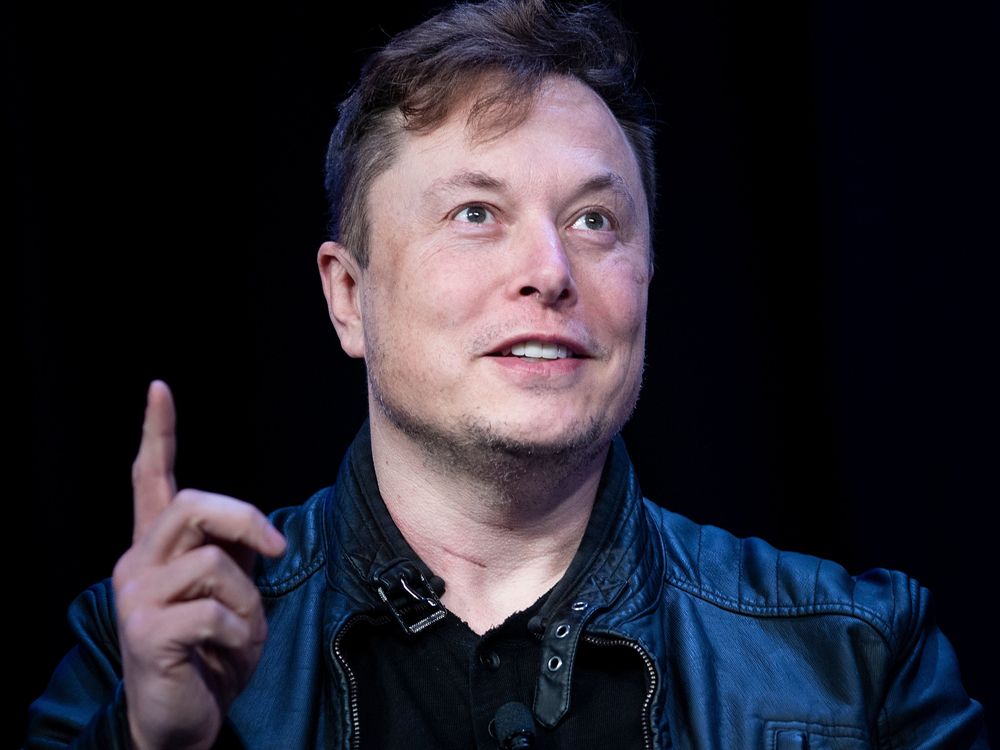
Tesla Inc. Chief Executive Officer Elon Musk called Amazon.com CEO Jeff Bezos “a copy cat” on Twitter after the online retailer announced it is acquiring self-driving startup Zoox Inc.
.@JeffBezos is a copy 🐈 haha https://twitter.com/ft/status/1276401808068526080— Elon Musk (@elonmusk) June 26, 2020
It’s not the first time Musk, who also serves as CEO of SpaceX, has taken jabs at Bezos. Earlier this month, Musk made headlines when he said it was “time to break up Amazon” in a tweet. He also called Bezos, who runs rocket-launch startup Blue Origin LLC, a copy cat in April 2019 after hearing of plans for a satellite-based internet service to rival his own company’s.